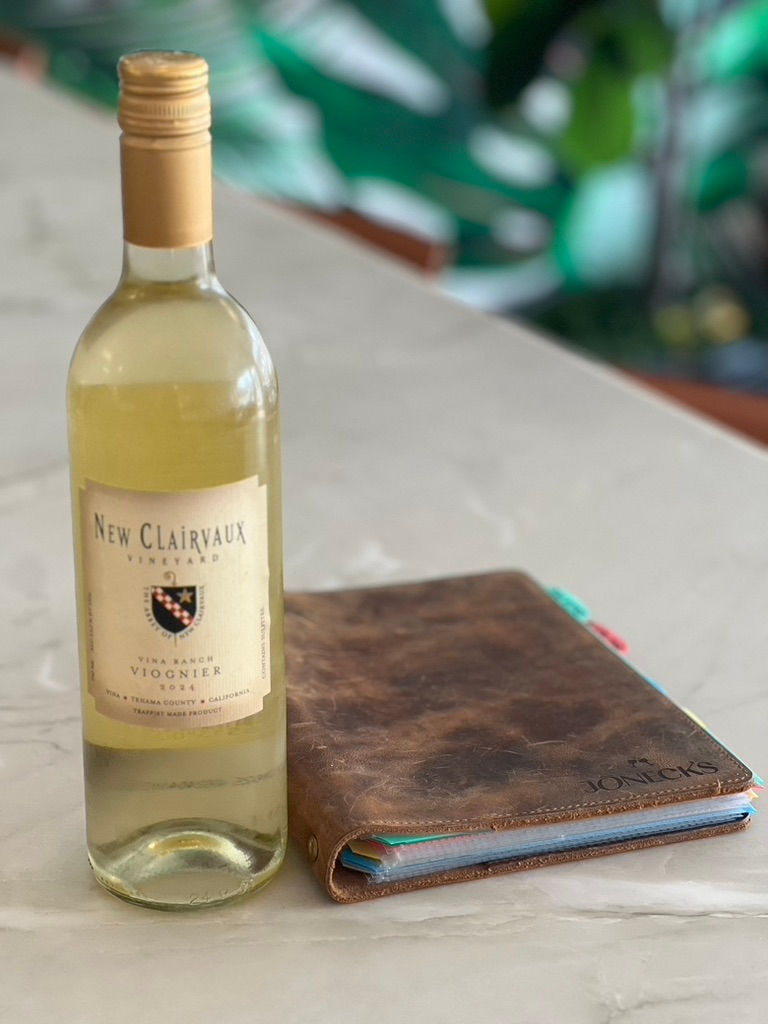Airing out the Cork vs. Screwcap Debate
- todd3792
- May 5, 2025
- 3 min read
Updated: Jul 7, 2025
By Todd Joneck

We recently had a discussion about screw caps vs. corks and I realized that I had an incomplete understanding of why wine makers choose one or the other closure method. I learned something while researching this and many may like to learn about this themselves.
To breathe or not to breathe?
Wine closure is all about oxygen management. Air is something like 16% oxygen and exposure to oxygen is a primary contributor to the way wine ages and goes bad.
As you can imagine a screw cap is a very reliable closure that before the turn of the century (more on that later) allowed no oxygen into the bottle. They don’t rot like a cork and rarely fail. So, prior to the early 2000s screw caps were a great choice for wines that were not intended to age in the bottle.
Corks by contrast are porous and let in very small amounts of oxygen. Based solely on the science and practice of wine making a cork would be chosen for wines that benefit from oxygen exposure over time to mature.
This explains why we see red wines with corks from wineries that otherwise use caps for their whites or other wines designed for immediate consumption. However, the development of screw cap technology has made this choice less clear.
There is a problem with corks. They are subject to rotting or cork taint which will destroy wine. Wineries report between 1-7% waste due to bad corks. Imagine dumping almost 1 out of the ten bottles down the drain! If you’re a wine drinker you’ve dumped a few corked bottles yourself.
For this and other reasons screw caps were developed that pass small amounts of oxygen and there are options now that provide a variety of exposure levels. Wine makers now can use caps that may control oxygenation levels more consistently than a natural cork. These options will expand and improve over time.
Given the magic of wine making I would not be surprised if there were benefits to natural cork. There are compounds in a cork that are not present in a screw cap or glass bottle, and this could have an impact on the wine. Absent that possibility it seems hard to argue that a cork is superior to a cap.
I pray fine sir, uncork that bottle!
Many of us appreciate the ritual of opening a corked bottle.
It’s hard to argue that twisting a screw cap feels the same as uncorking a bottle on a special occasion. More importantly, many consumers still perceive caps as an indication of low-quality wine. Wine makers will follow consumer preferences to ensure their products are purchased and enjoyed.
Additionally, converting any operation from corking to capping requires stopping your operation, an investment in new equipment and personnel training. Many producers will be slow to change based on those considerations alone.
Wine, sealed by another means, is still but wine
Great wines can be found with either a cap or a cork. And the quality of the wine is so much more dependent on what happens before the wine is bottled than anything that a closure can contribute.
We’ll continue to see corks in wine bottles, but screw caps may eliminate the need for them altogether. So, you should feel safe buying wine with either. Just recognize there may be those that turn up their nose at a screw cap. It’s OK. That’s more good wine for you and me.
Copyright Jonecks LLC. April 2025




Comments